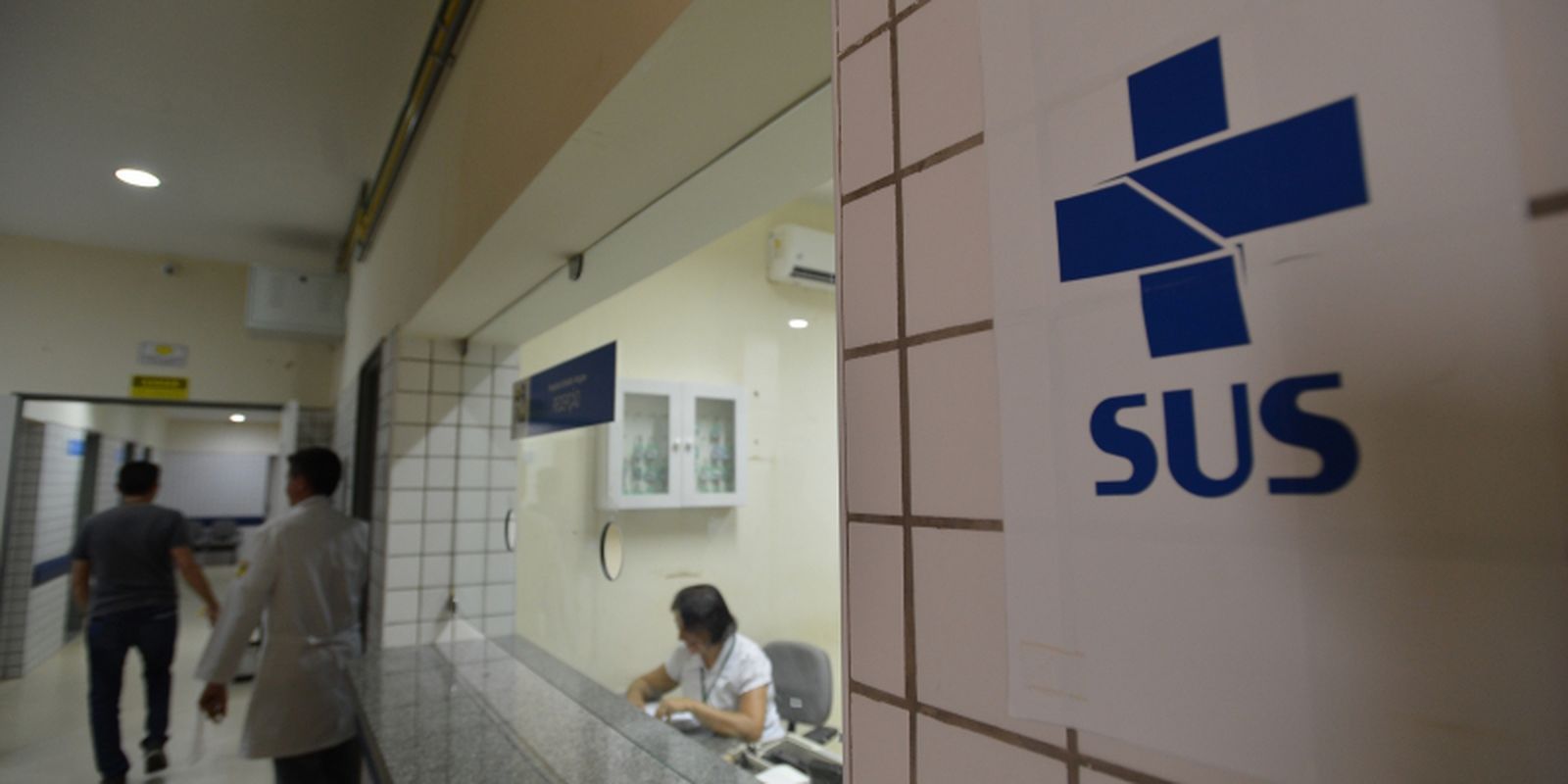The State Department of Health of Rio de Janeiro reported today (15) that syphilis cases in the state rose 14% from 2020 to 2021. According to the Department, cases rose from 4,448 in 2020 to 5,068 last year.
The alert for the growth of the disease in the state was released on the date on which the National Day to Combat Syphilis and Congenital Syphilis is celebrated.
According to the 2021 Syphilis Epidemiological Bulletin of the Ministry of Health, Rio de Janeiro records a rate of 21.1 cases per thousand live births; almost three times higher than the national notification (7.7 cases per thousand live births).
Despite the increase in cases, the Secretariat recorded a 13% drop in the number of deaths caused by the disease, from 2020 (216) to 2021 (188).
According to the Rio de Janeiro Health Department, early diagnosis and adequate treatment can help to tackle the disease, which can be treated with penicillin injections and can be cured.
Syphilis
If left untreated, the disease can lead to paralysis, blindness, dementia and death. Syphilis is transmitted through sexual intercourse without using condoms or passed from mother to child during pregnancy.
The disease develops in three stages. In the first, it manifests itself up to the 90th day after infection through a wound, usually single, at the entry site of the bacteria (penis, vulva, vagina, cervix, anus, mouth or other skin sites). The wound doesn’t hurt, doesn’t itch, doesn’t burn and doesn’t have pus, but it can be accompanied by bumps in the groin.
The second stage develops after the appearance and spontaneous healing of the wound, when spots appear on the body, mainly on the palms of the hands and soles of the feet.
In the most advanced stage, the internal organs (brain, eyes, nerves, heart, blood vessels, liver, bones and joints) can be damaged even after decades of illness.

















